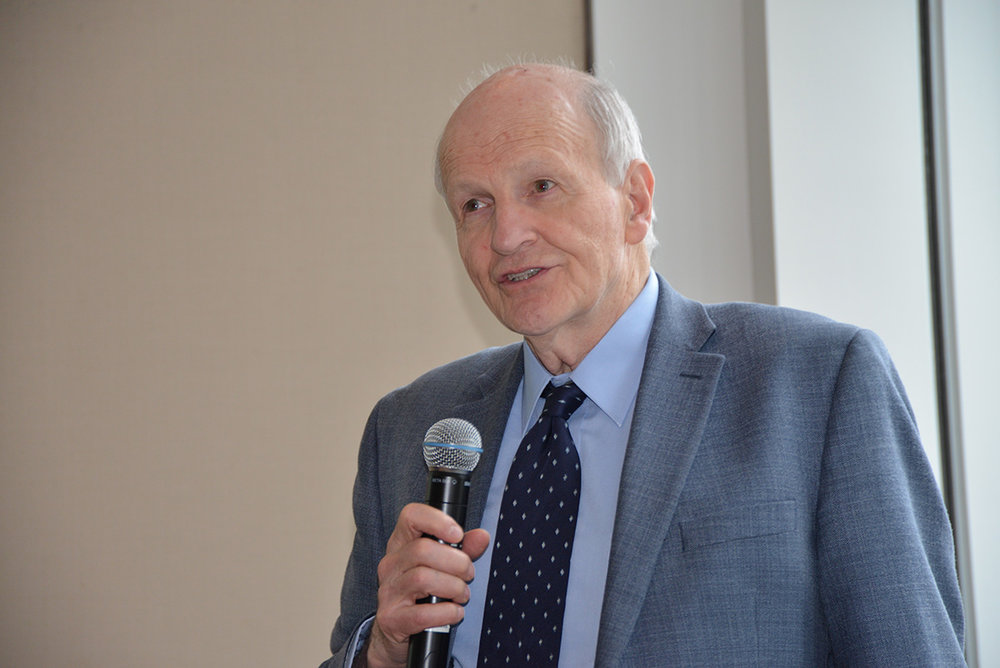UN treaty puts ‘moral pressure’ on nuclear-armed states: ex-WH official

TEHRAN - A former assistant director for national security in the White House Office of Science and Technology says a global treaty to ban nuclear bombs will put “moral pressure” on nuclear-armed states to disarm.
“At the moment, it is primarily moral pressure, which could have an effect in the long term,” Frank N. von Hippel tells the Tehran Times in an exclusive interview.
The treaty was endorsed by 122 countries at the United Nations headquarters in New York on July 7 after months of talks in the face of strong opposition from nuclear-armed states and their allies.
“It increases the pressure but no one can foresee how long it will take (to disarm),” notes
Von Hippel, now a professor of Princeton University.
The 10-page treaty on the prohibition of nuclear weapons will be open for signatures from any UN member state on September 20 during the annual general assembly. While countries that possess nuclear weapons are not expected to sign up any time soon, supporters of the treaty believe it marks an important step towards a nuclear-free world by banning the weapons under international law.
Von Hippel says the treaty was adopted so late “because the non-weapon states became tired of the weapon states not fulfilling their commitment to nuclear disarmament in the Nonproliferation Treaty.”
On why the International Atomic Energy Agency (IAE) has not been seeking nuclear disarmament, the Princeton professor says, “The IAEA has been authorized to verify nonproliferation but not yet nuclear disarmament, with the exception of South Africa, which unilaterally disarmed.”
PA/PA
Leave a Comment